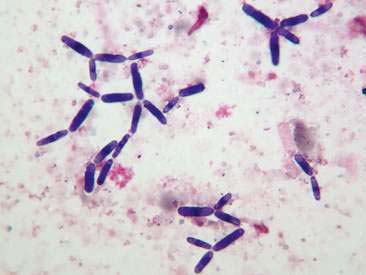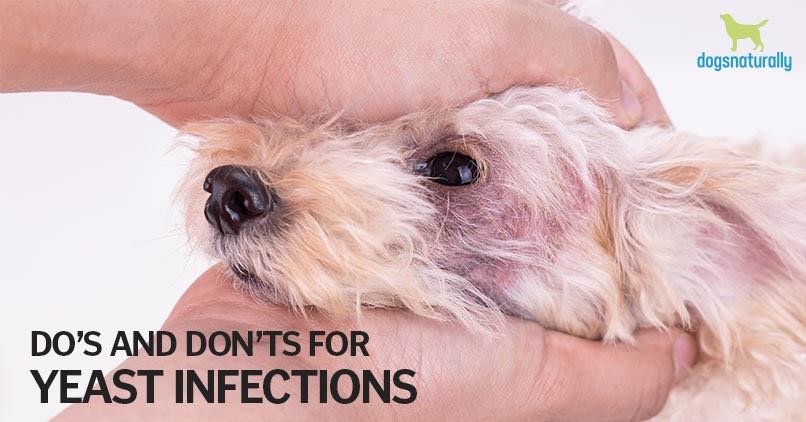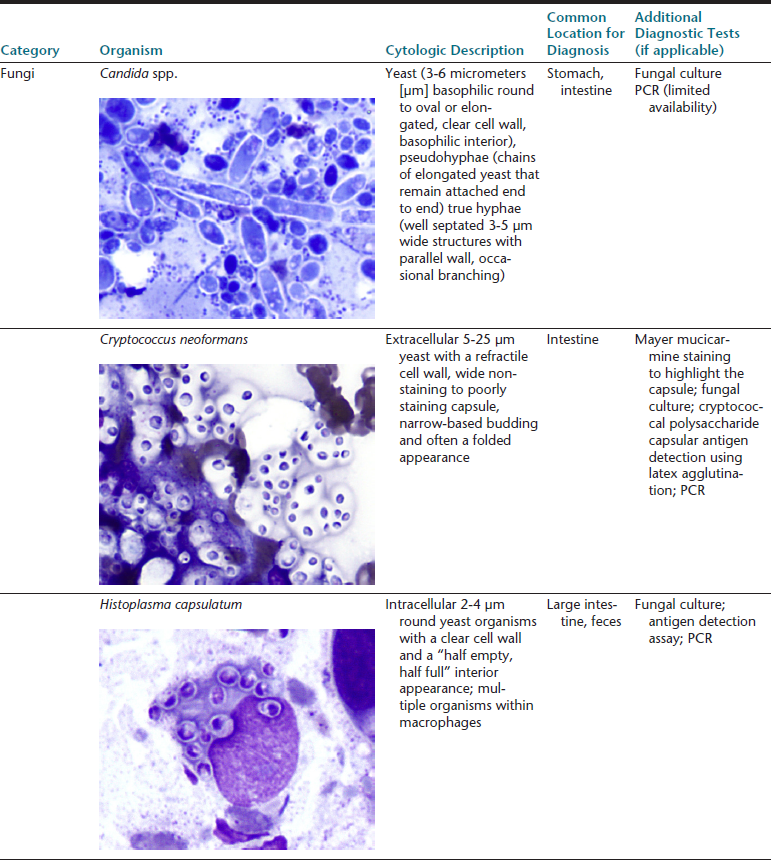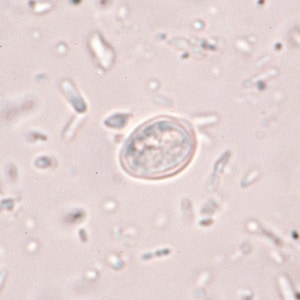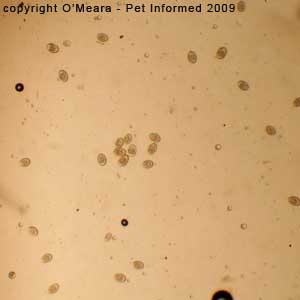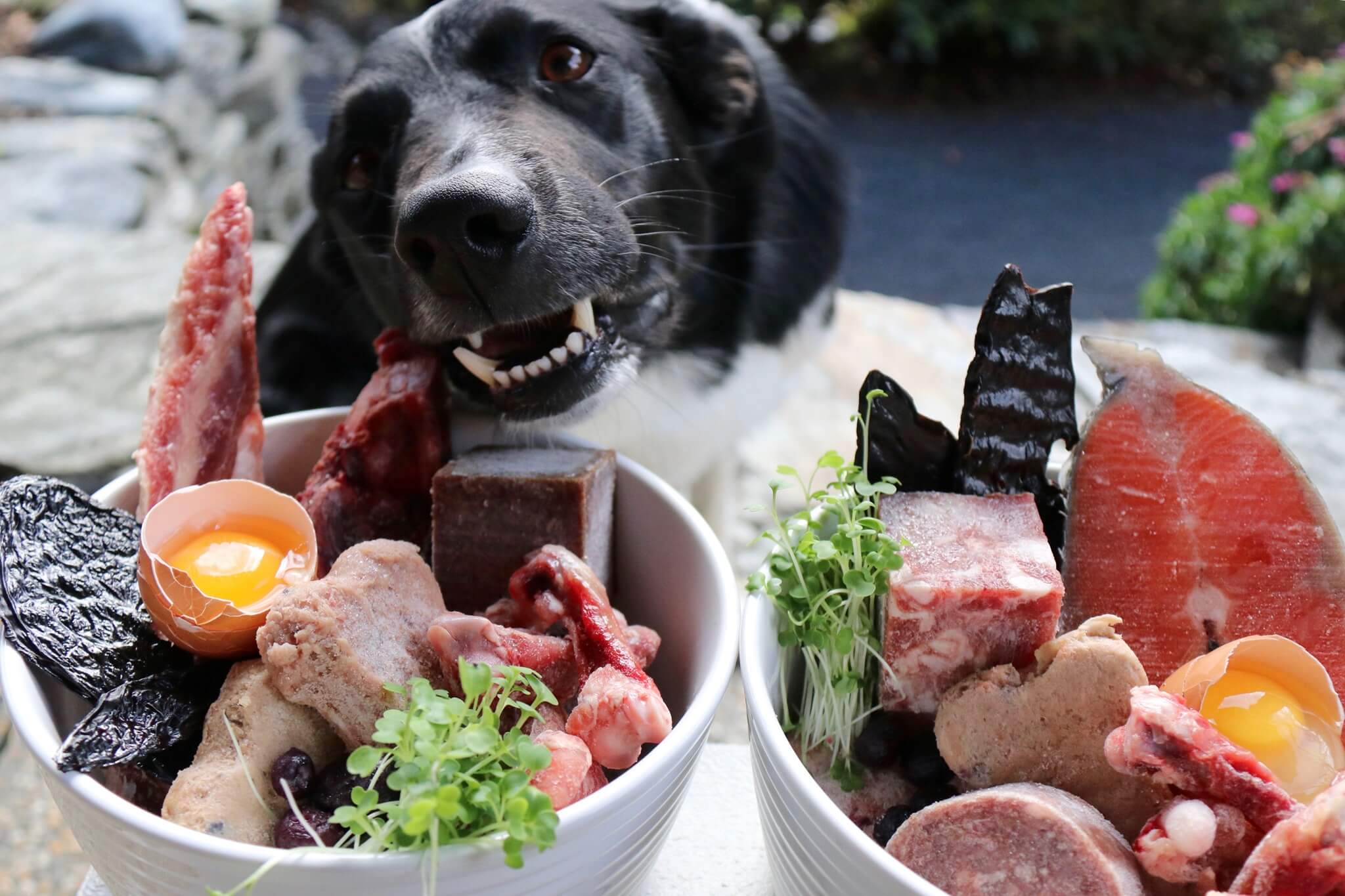Yeast Cells In Dog Stool
At normal levels it does not cause any problems but when a person has an overgrowth of candida in.
Yeast cells in dog stool. Kumamoto in a review article published in current opinion in microbiology. Cyniclomyces guttulatus a gastrointestinal yeast of rabbits is considered an uncommon nonpathogenic pass through organism and possible opportunistic pathogen in dogs that consume rabbit feces. Systemic yeast infections can cause your dog to itch all over. Under normal conditions this yeast is present in your dog s digestive system and does not cause any problems but if certain other factors come into play your dog can become ill.
This retrospective study aimed to characterize the presenting complaint clinical findings location. Although yeast infections are rarely fatal treatment is necessary to ensure your dog is returned to full health. High levels of yeast in the stool may be associated with inflammatory conditions argues carol a. However there are cases where an.
If your dog s intestines contain the yeast cyniclomyces guttulatus also known as saccharomycopsis guttulatus it s generally not a problem. Causes of yeast infection and thrush in dogs most yeast infections in dogs are caused by candida which is a type of yeast that thrives on sugar. Cryptococcosis is a localized or systemic fungal infection caused by the environmental yeast cryptococcus. Systemic yeast infection in dogs your dog s systemic yeast infection is caused by a simple organism called candida albicans.
Candida is normally present in a dog s digestive system but an imbalance in the dog s body may prompt it to spread. This fungus grows in bird droppings and decaying vegetation and is generally associated with eucalyptus trees. This is even true with candida in the stool. Kumamoto s opinion is based on the fact many patients suffering from gastrointestinal diseases such as crohn s disease may have increased yeast in the stool.
The yeast that most commonly causes canine infections is called candida and it s naturally present in your dog s digestive system. However if your dog suffers from chronic diarrhea it s possible that cyniclomyces guttulatus is the culprit. Candida is a type of yeast that resides in many parts of the body. It doesn t necessarily signal a problem.
